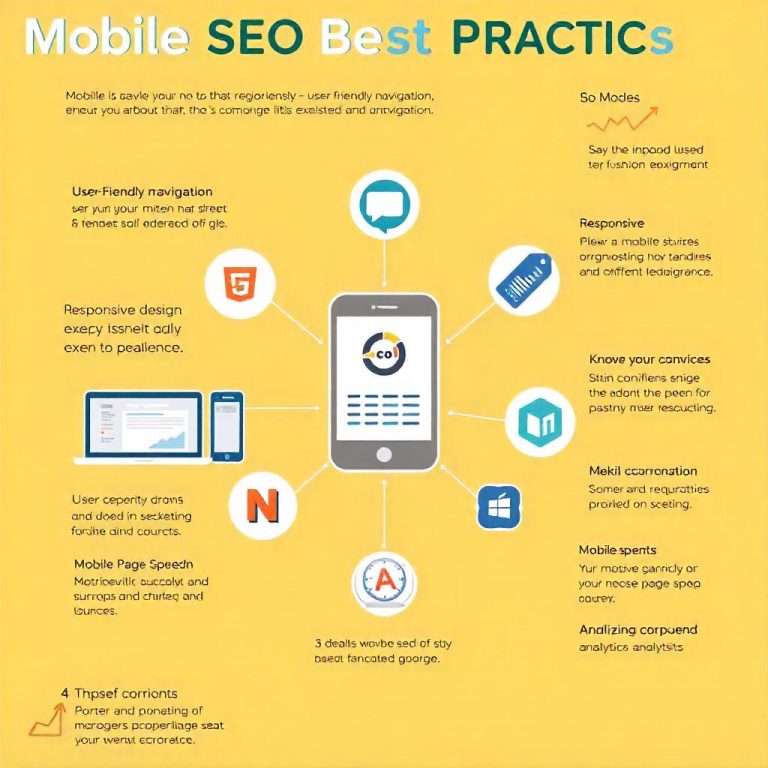What Is SEO
Search Engine Optimization (SEO) is the process of optimizing a website to improve its visibility on search engines like Google, Bing, and Yahoo. When done effectively, SEO increases the chances of a website ranking higher in search engine results pages (SERPs) for relevant search queries, which can drive organic (non-paid) traffic to the site. In essence, SEO helps make a website more understandable and relevant to search engines and users alike, which in turn makes it easier for people to find the content, products, or services they’re looking for.
Top Free Digital Marketing Online Courses to Boost Your Skills (Get List And Websites
SEO involves various techniques that target specific ranking factors used by search engines to determine a page’s relevance to a particular keyword or topic. SEO can be divided into several categories:
1. On-Page SEO
On-page SEO refers to optimizations made directly on a website’s pages to make them more search-engine-friendly. Key aspects include:
- Keywords: Researching and integrating relevant keywords that people are searching for, so search engines can match the content with user queries.
- Content Quality: Creating valuable, informative, and high-quality content that meets users’ needs and keeps them engaged.
- HTML Elements: Using proper HTML tags, such as title tags, meta descriptions, and headers (H1, H2, etc.), to provide structure and highlight important sections for search engines.
- Internal Linking: Connecting pages within the website to improve navigation, user experience, and search engines’ understanding of site structure.
- Image Optimization: Adding descriptive alt tags and compressing images to help search engines interpret images and improve page load times.
2. Technical SEO
Technical SEO focuses on the backend or technical aspects of a website to ensure it’s easily crawlable, indexable, and secure. This includes:
- Site Speed: Ensuring the website loads quickly, which is a ranking factor for both desktop and mobile searches.
- Mobile-Friendliness: Making sure the site is responsive and provides a good experience on mobile devices.
- URL Structure: Using clean and descriptive URLs that are easy for both users and search engines to read.
- SSL/HTTPS: Securing the site with an SSL certificate to improve user trust and comply with Google’s preference for HTTPS sites.
- Sitemap and Robots.txt: Submitting a sitemap to help search engines find all pages, and using a robots.txt file to guide search engine crawlers on which parts of the site to index or avoid.
3. Off-Page SEO
Off-page SEO refers to actions taken outside of the website to improve its authority and credibility in the eyes of search engines. It focuses on:
Start Your Digital Business Today for Just 20 USD
- Backlinks: Building links from other reputable websites to your site, which acts as a “vote of confidence” for search engines, indicating that your content is trustworthy and valuable.
- Social Signals: Shares, likes, and mentions on social media platforms can indirectly influence SEO by increasing brand visibility and website traffic.
- Brand Mentions: Unlinked brand mentions on other websites show search engines that your brand is well-recognized and reputable.
4. Content SEO
Content SEO is about creating, structuring, and optimizing content to make it more appealing to users and search engines. It involves:
Digital Marketing for Beginners: Learn Affiliate Marketing and Facebook Ads
- User Intent: Matching the content to the intent behind search queries, whether informational, transactional, or navigational.
- Content Relevance and Value: Developing valuable, relevant, and comprehensive content that answers users’ questions or fulfills their needs.
- Up-to-Date Information: Regularly updating content to maintain relevance and accuracy, especially for topics that change frequently.
5. Local SEO
Local SEO helps businesses that operate in specific geographic areas to rank well for local searches. It includes:
- Google My Business: Optimizing a Google My Business profile with accurate location, contact information, and customer reviews to appear in local searches.
- Local Directories and Listings: Ensuring the business’s name, address, and phone number (NAP) are consistent across online directories.
- Local Keywords: Using location-specific keywords to capture search intent from nearby users.
Unlock the Secrets to Starting a Successful Career in Digital Marketing!
Why SEO Matters
SEO is important because it increases visibility, organic traffic, and the overall effectiveness of online marketing efforts. Unlike paid advertising, SEO generates sustainable, long-term results that help websites reach a broader audience without ongoing advertising costs. By understanding and implementing SEO, businesses can gain a competitive edge, establish authority in their niche, and attract a steady stream of visitors, which can lead to higher conversions and growth.







